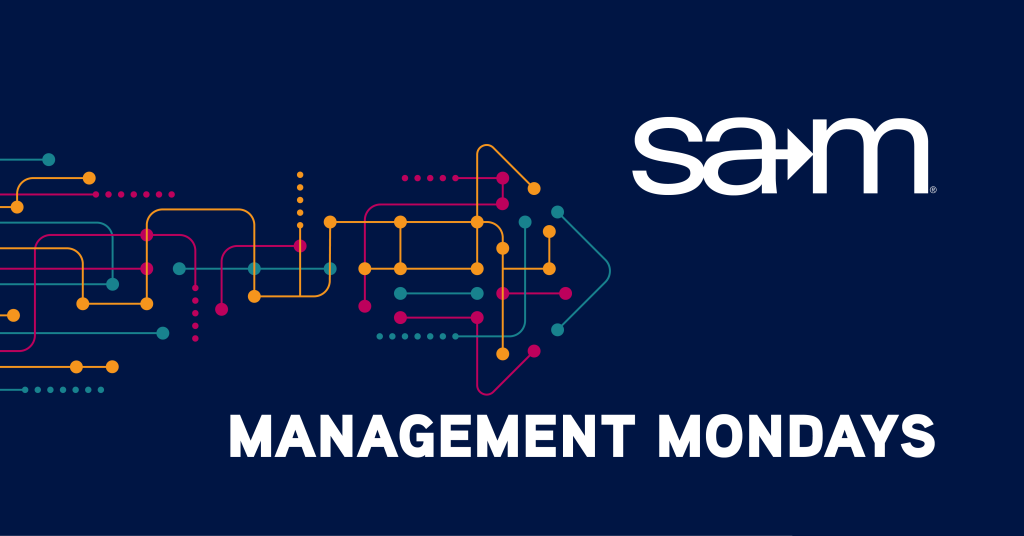
For many managers, health becomes the first thing to sacrifice when pressure builds. Skipped meals, reduced sleep, back-to-back meetings, and endless screen time become the norm. There is an unspoken assumption that success requires personal depletion. But in reality, sustainable leadership depends on personal well-being. When your health suffers, your decision-making, patience, and resilience suffer too. You may still get things done, but you are not leading at your best.
Health is not a luxury to be earned after the work is finished. It is a foundation that supports the work in the first place. Managers who prioritize their well-being are not only more effective, but they also create healthier environments for their teams. Your energy, clarity, and presence have a direct impact on others. When you take care of your health, you lead by example. And when you ignore it, others often feel the effects without realizing why.
Understanding Why We Delay Taking Care of Ourselves
Most managers already know that eating better, moving more, and sleeping enough are important. So why is it still so difficult to follow through? Part of the answer lies in how we perceive time and reward. We often prioritize urgent tasks with immediate payoffs over behaviors that offer long-term benefits. This is known as temporal discounting—the tendency to value short-term comfort more than future well-being. It is why staying up late to finish a deck feels more important than going to bed on time, even when we know we will pay for it tomorrow.
Another reason is the way health goals are often framed. They are too big, too vague, or too intimidating. We say we want to get in shape or reduce stress, but we don’t define clear starting points. That makes the entire goal feel overwhelming. And when something feels overwhelming, we are far more likely to avoid it altogether. The solution is to think smaller and act sooner. Big changes begin with small shifts that are easy to repeat and sustain. That is where the concept of microwins comes into play.
The 3Ms of Manager Wellness
To bring structure to the idea of health for busy professionals, consider focusing on three core areas: Mouth, Movement, and Maker. These three M’s are simple, memorable, and adaptable to any lifestyle. Mouth refers to what you eat and drink, which fuels your energy and affects your ability to concentrate. Movement includes everything from workouts to stretch breaks to how much time you spend sitting. Maker refers to the part of you that needs rest, reflection, and personal meaning—this can include journaling, prayer, creative hobbies, or quiet time.
None of these categories require perfection. They simply need awareness. Think of them as dials rather than switches. You are not trying to flip everything on at once. Instead, you adjust each area a little at a time, depending on what you need most that day or week. If your diet has been an afterthought lately, maybe your next step is a healthy breakfast three days in a row. If you have not moved much in the past week, a 15-minute walk is a solid return to motion. These steps are small enough to be realistic but meaningful enough to create progress.
From Awareness to Action
Once you have identified which area needs attention, choose one microwin to pursue. A microwin is a small, achievable action that supports your goal. It should be specific, time-bound, and easy to complete without much resistance. For example, drinking a glass of water before your first cup of coffee, stretching for five minutes between meetings, or setting your phone down ten minutes before bed. These tiny wins may seem insignificant on their own, but they build momentum and confidence over time.
The more consistently you practice microwins, the more they compound. You start to feel better physically, which improves your mood and sharpens your focus. Your interactions with others improve. Your tolerance for stress increases. And because the effort required is low, you are more likely to stick with it. Over time, those small actions lead to bigger changes in behavior and mindset. The process does not rely on motivation or willpower. It works because it is simple, repeatable, and tailored to your daily life.
Final Thoughts
Health should not be treated as a reward for hard work. It is what makes your hard work possible. When you start thinking of wellness as part of your leadership strategy, everything changes. You show up with more energy, respond with more patience, and think with more clarity. These are not just personal benefits. They directly improve how you lead others and how you navigate challenges.
If you want to lead well, live well. Start with one small change that fits your current reality. Don’t wait for the perfect time or the perfect plan. Choose one microwin you can accomplish today. Maybe it’s choosing water instead of soda, taking a ten-minute walk, or putting your phone away before sleep. These are not grand gestures. They are the quiet, steady acts that build sustainable leadership from the inside out.
If today’s work culture has taught us anything, it is that wellness is not optional. It is essential. Our latest article explored how small, consistent steps can lead to lasting health improvements for managers. But personal wellness is only part of the equation. To lead effectively, you also need to foster a culture that supports the well-being of your entire team.
The Management Practices That Support Wellness course offers the tools to do just that. Designed for both HR professionals and non-HR managers, this self-paced program equips you with the strategies to recognize signs of burnout, support team members through stress, and build an inclusive, wellness-focused culture. From communication practices to change management and recognition programs, you will learn how to lead with empathy and clarity.Wellness starts with you. It grows through the systems you build. SAM members receive a 20% discount when they register for Management Practices that Support Wellness.

Written By,
Patrick Endicott
Patrick is the Executive Director of the Society for Advancement of Management, is driven by a deep commitment to innovation and sustainable business practices. With a rich background spanning over a decade in management, publications, and association leadership, Patrick has achieved notable success in launching and overseeing multiple organizations, earning acclaim for his forward-thinking guidance. Beyond his role in shaping the future of management, Patrick indulges his passion for theme parks and all things Star Wars in his downtime.
